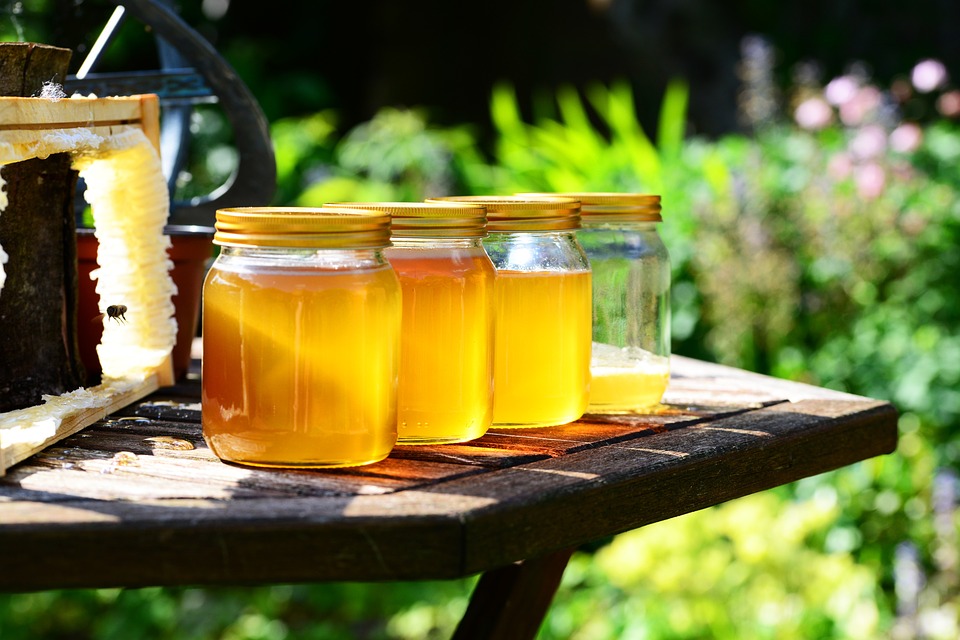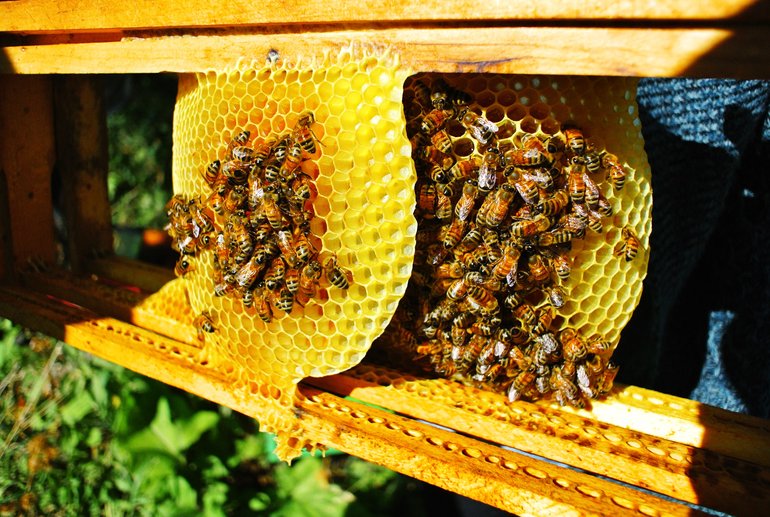Most people have allergies, and it becomes much more apparent during particular seasons or after moving to a brand new location. I personally suffered from this firsthand after moving to a new town for college. No matter how casual allergies may seem, we all know they are extremely miserable.

Gif courtesy of giphy.com
Naturally, the first step is to begin to seek out solutions to these pesky and unforgiving allergies. Suddenly, the word “honey” begins to become more of a necessity than usual, specifically “raw honey.” It has been said for awhile now that eating local honey will help cure your allergies.
After whining about my allergies, a local from the town that I had just moved to suggested this “cure” to me. However, not really sure and simply lacking the willpower to go find and purchase raw honey, I stuck with what I knew: Zyrtec. Although, when I saw friends or other acquaintances suffering from the same seasonal allergies, I began to suggest to them what I was told, to eat raw honey. Unfortunately, this claim is false.

Photo courtesy of pixabay.com
Most believe (like I did) that honey will solve all of the problems that arise from allergies; however, most people do not suffer from flower pollen-related allergies. According to The American College of Allergy, Asthma and Immunology, “Local, unprocessed honey does contain small amounts of pollen from the environment. The pollen in honey is mostly from the flowers where bees are found.” While this is important, this is not the pollen most people suffer from.
Most allergies derive from “airborne pollen from trees, grasses, and weeds.” These are not pollinated by bees, although if some happened to be picked up by bees, “the amount of allergenic pollen in the honey is typically very small, as bees don’t intentionally incorporate this pollen into the honey.”

Photo by Nadia Alayoubi
While some may still believe that honey has truly helped their allergies (which might be true), it is important to be careful when consuming raw honey, as there might be a risk.
According to WebMD, unprocessed honey “can have some pretty nasty stuff in it, from bee parts to mold spores and bacteria. These things are usually removed during commercial processing.”
ACAAI even goes as far to say that “in extremely sensitive individuals, the ingestion of unprocessed honey can result in an immediate allergic reaction involving the mouth, throat or skin—such as itching, hives or swelling—or even anaphylaxis. Such reactions may be related to either pollen or bee part contaminants.”

Gif courtesy of giphy.com
Keep an eye out when looking into allergy remedies. While the Internet can provide some suggestions, the best thing to do is to consult your doctor.


